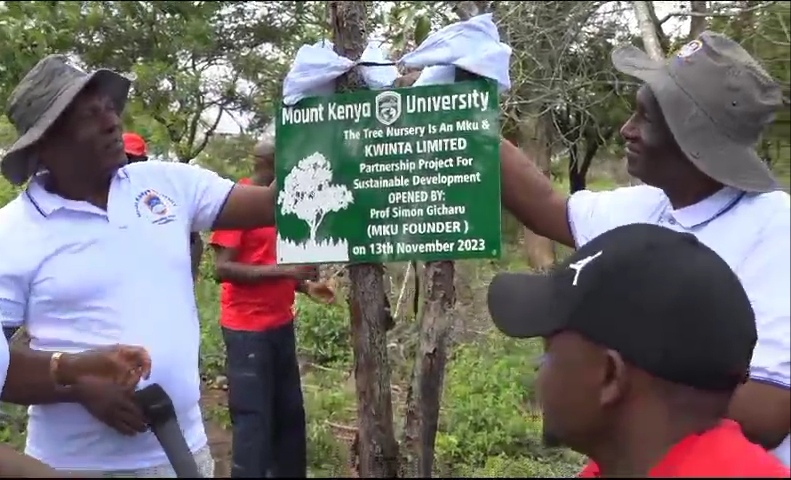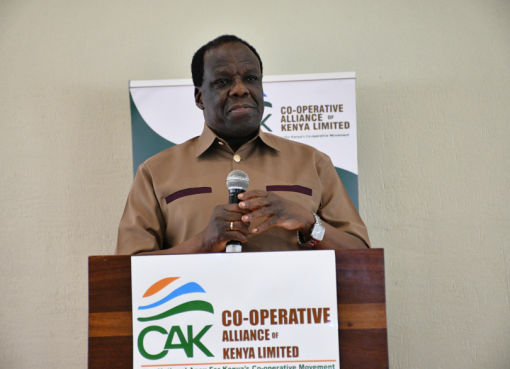Mount Kenya University (MKU) is working on a research project that seeks to come up with plant-based black soap as part of the institution’s agenda for the production of medicinal products.
The research that is at an advanced stage will see Aloe Vera and bamboo extracts used as additives to the soap.
The medicinal soap will seek to improve the moisture and kill any bacteria on the skin.
MKU Pro-Chancellor Dr. Vincent Gaitho said the research is being conducted at the institution’s botanic garden at the Happy Valley campus in Thika.
The garden on the institution’s 103-acre piece of land in the Happy Valley area has over 300 plant species, most of which are indigenous trees, herbs, and shrubs which can be used for research on medicinal products.
“Using the many medicinal plants that we have grown, our researchers are working on research on plant-based black soap that aims to protect the body from bacteria as well as moisturise the skin. The research is at an advanced stage,” said Dr. Gaitho.
He was accompanied by MKU Vice-Chancellor Prof. Deogratius Jaganyi and Co-Founder Dr. Jane Nyutu.
Prof. Jaganyi said the university has always been a pioneer in promoting environmental consciousness, thus the initiative to grow medicinal trees.
“We have a variety of medicinal trees, each with its own set of healing properties. Imagine a botanic garden adorned with the likes of Neem, Aloe Vera, Warbugia, Moringa, Eucalyptus, and many other medicinal trees whose leaves, bark, and extracts have been revered for their therapeutic benefits for centuries,” said Prof. Jaganyi.
He added that the medicinal plants will not only create a living pharmacy that future generations can benefit from but will also provide a unique learning opportunity for students.
He said the university has joined hands with the government and other Kenyans, as well as with the international community, in climate mitigation through tree planting.
“Certainly, when the ecosystem is fully restored, the challenges of recurrent droughts and floods will be solved, thus contributing towards other SDGs, including poverty eradication, the creation of decent work, reduced inequality, and life below water, among others,” he said.
He said the university plans to plant and grow over 5000 indigenous trees, shrubs, and herbs during this rainy season, adding that they have so far grown over 100,000 trees at different places.
By Muoki Charles





